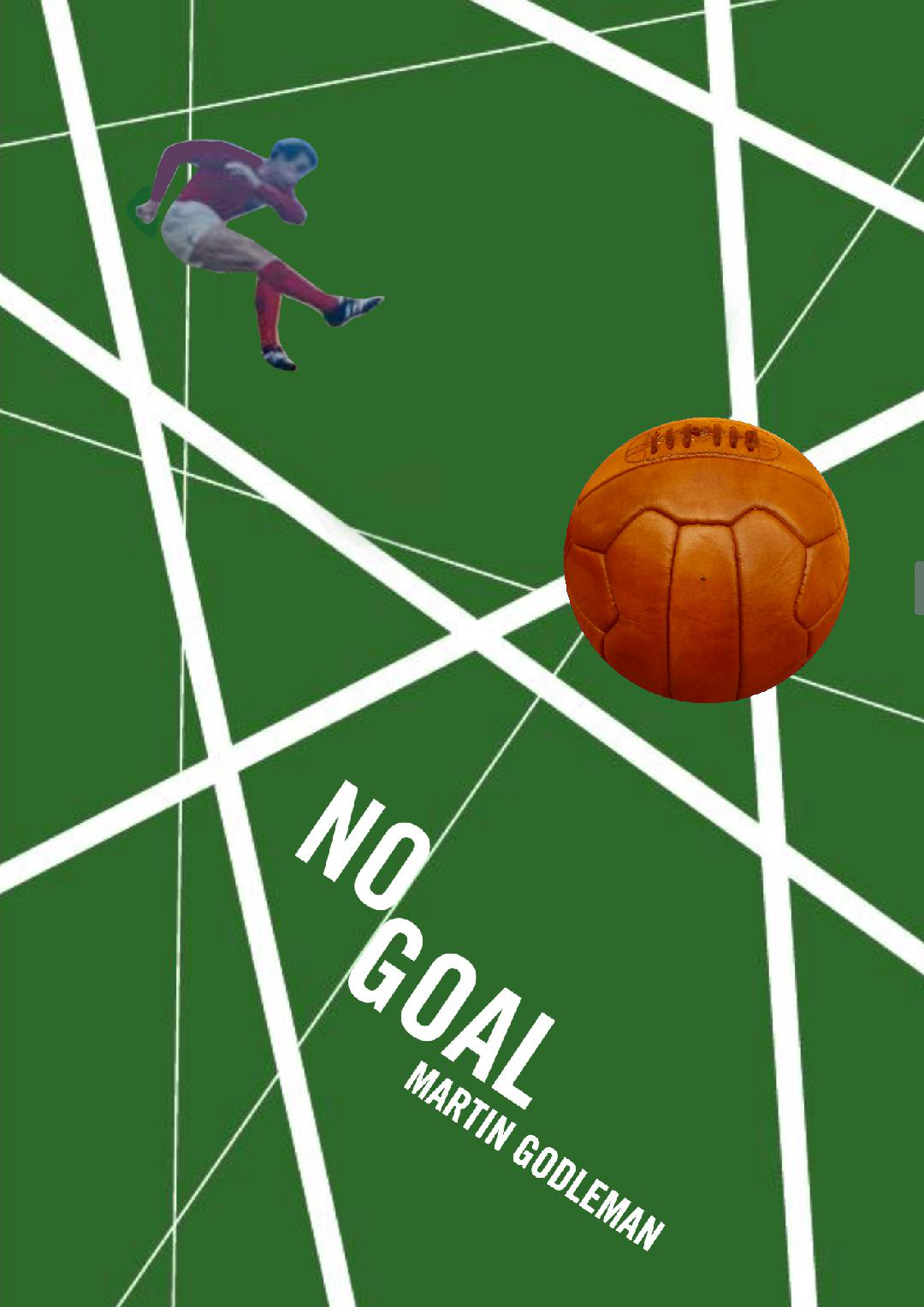 Martin Peters has always been my favourite Hammer. As one of the West Ham United triumvirate that formed the nucleus of England’s 1966 World Cup winning side, he was already a footballing legend to me at the age of eight, but though this was probably his greatest footballing achievement, he was so much more than that. The then England manager Sir Alf Ramsay once described him as a player ‘ten years ahead of his time.’ It was a phrase that caught my attention alongside the revelation that he had played for West Ham United in every position there was. In 1962, the first year he played for the club, he scored his first goal and also donned the goalkeeper’s jersey, when West Ham’s regular keeper Brian Rhodes was injured. When I discovered Peters was this play-anywhere footballer, I began to feel that he must possess superhero powers, like Superman from the DC comics I read weekly. The nickname ‘Ghost,’ given to him at West Ham for his ability to arrive unnoticed into goalscoring (and goalsaving) positions, described another of his superhero qualities, both unattainable and unique. He was without doubt the reason I first became interested in football, and when I finally saw him playing on television for West Ham, nothing I saw changed my mind. He looked even more enigmatic than the sticker of him in my first division Soccer Stars book. Peters eventually scored 81 goals for the club over the better part of a decade.
Martin Peters has always been my favourite Hammer. As one of the West Ham United triumvirate that formed the nucleus of England’s 1966 World Cup winning side, he was already a footballing legend to me at the age of eight, but though this was probably his greatest footballing achievement, he was so much more than that. The then England manager Sir Alf Ramsay once described him as a player ‘ten years ahead of his time.’ It was a phrase that caught my attention alongside the revelation that he had played for West Ham United in every position there was. In 1962, the first year he played for the club, he scored his first goal and also donned the goalkeeper’s jersey, when West Ham’s regular keeper Brian Rhodes was injured. When I discovered Peters was this play-anywhere footballer, I began to feel that he must possess superhero powers, like Superman from the DC comics I read weekly. The nickname ‘Ghost,’ given to him at West Ham for his ability to arrive unnoticed into goalscoring (and goalsaving) positions, described another of his superhero qualities, both unattainable and unique. He was without doubt the reason I first became interested in football, and when I finally saw him playing on television for West Ham, nothing I saw changed my mind. He looked even more enigmatic than the sticker of him in my first division Soccer Stars book. Peters eventually scored 81 goals for the club over the better part of a decade.
If you search for two of Peters’ most famous England goals on the internet, both against West Germany in the 1966 and 1970 World Cup finals, you will see a player arriving late at the far post, just in the right place, evading all defenders to fire the ball explosively into the net. In 1970 when he scored the second of these to put England 2-0 up against West Germany, Hugh Johns, the ITV commentator, declared, ‘There it is! It’s Hurst, Geoff Hurst!’ seconds later adding, ‘Martin Peters, sorry…’ The ‘ghost’ had even evaded the eye of the man commentating live on the game. Curiously, England wouldn’t score another goal at a World Cup finals until 1982, twelve long years later. They obviously missed him and his goals – his 20 from just 67 internationals was a great scoring record for a midfielder.
When my parents said I was old enough to go to a West Ham game on my own, it was the 1970-71 season, and I was twelve. For that first game, West Ham were away at Tottenham Hotspur. I was finally going to see my hero Martin Peters in the flesh. I travelled to the game with Nick, a friend from school, who was a Tottenham Hotspur fan. These of course were not days with mobile phones, the internet or social media, so information about your favourite team was at a premium, unless you went to see them every play every other weekend. This was my first West Ham game and my friend revealed to me on the way to the game that, five months earlier, Peters had been transferred for £200,000 to Tottenham. I thought it was the greatest wind up of all time before my first ever game but, sadly for me, it wasn’t. And so it was that the first time I saw my favourite player live on a football pitch, it was in another team’s colours. I realised intuitively that in such situations you must follow the club and not the player, and it was with a heavy heart that I found myself having to accept that my favourite player was no longer ‘ours’. A reasonable second prize on that day in front of 53,640 fans was the discovery that we had signed a certain legendary goalscorer known as Jimmy Greaves, who scored for West Ham on the day in a 2-2 draw. And I still got to see my hero that afternoon.
Peters died four days before Christmas 2019.
There will never be another player like him.




